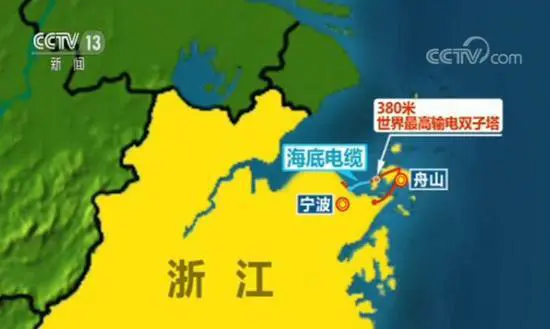In a speech in Riyadh ostensibly billed as seeking to unite the Muslim world against terrorism, U.S. President Donald Trump instead further inflamed the Shia-Sunni schism in the region by signaling America’s embrace of the Saudi anti-Iran vision for the Middle East. It was, of course, left unmentioned that the so-called Islamic State, which claimed credit for the truly evil atrocity in Manchester days later, derives part of its fanatic ideology from the fundamentalist Wahhabism strain of Islam that legitimates Saudi Arabia’s monarchy.
One can only imagine how the images of Trump partaking in a traditional sword dance with Saudi officials played to voters who had just gone to the polls in Iran and overwhelmingly returned the reformist leader Hassan Rouhani to the presidency. Rouhani’s re-election was due in no small part to the nuclear and sanctions relief deal he negotiated with the United States and other major powers. That deal was crucial to former U.S. President Barack Obama’s effort to not only curb the proliferation of nuclear weapons, but to establish a new balance in America’s Mideast policy between Sunni and Shia powers as well. It is a tragic mistake for the Trump administration to reverse that policy at the very moment it was producing results in Iran.
Seyed Hossein Mousavian, who once headed the Foreign Relations Committee of Iran’s National Security Council, underscores this shift in Iran. “The Iranian electorate has spoken in its decision between two stark alternatives: strengthening civil society and engaging with the world, or turning inward with economic populism and combative foreign policy,” he writes. “In decisively voting for Rouhani, Iranians have endorsed diplomacy and moderation. And they have done so in direct contrast to U.S. President Donald Trump, who has called for increasing tensions with Iran and championed isolationist foreign policy.”
Abolhassan Bani-Sadr concurs that Iran’s election was a milestone. The first president of the Islamic Republic of Iran told The WorldPost this week that Rouhani’s landslide win marked a level of democratic culture in his country not seen since before the pro-American shah of Iran, Mohammad Reza Pahlavi: “In this election ― for the first time since the early days of the revolution itself and the rule of our democratic Prime Minister Mohammad Mossadegh, back before the shah ― the core debates were about human rights, the rights of citizenship and democracy. I am a good barometer to measure this shift, after all, since I was forced out of office in those early revolutionary days by the ayatollahs for promoting these values. This gives us reason to believe that democratic culture is spreading and deepening in Iran.”
Despite Trump’s anti-Iran remarks in Riyadh, Bani-Sadr’s hope and expectation is that this budding advance of democratic culture in Iran will make it more difficult for Washington to demonize Tehran.
Reza Marashi of the National Iranian American Council expects that, given Rouhani’s victory, Iran will continue to try to engage the U.S.-Saudi alignment and damp down rivalry. But it is a two-way street, he says: “Rouhani’s track record demonstrates that sustained engagement can lower tensions and produce peaceful solutions to conflict. By electing him to a second term, Iran has once again extended its hand. It remains to be seen if the world will unclench its fist.”
Turning to other key events, in an article ahead of the G-7 summit in Sicily, Japanese Prime Minister Shinzo Abe highlights the populist backlash against free trade and globalization. “We are approaching the 10-year mark since the start of the global financial crisis,” he writes. “Many countries and regions have made tenacious efforts to ride out the crisis and ensure a growth path. Looking at things globally, however, much remains to be done on issues such as youth unemployment, wage levels and productivity. The key to overcoming these challenges,” he boldly states, “is free trade.” But trade, he goes on to stipulate, must not only be free, but fair. Above all, its benefits must be spread more inclusively both within societies and globally, the Japanese leader says, if the zero-sum alternative of protectionism is to be avoided.
Finally, Singapore’s scholar-statesman George Yeo explains this week why “civilizational states” in Asia, like China and to some extent Japan, are less prone to populism than the West. As he sees it, China’s largely homogenous Han people, not unlike Japan’s even more homogenous population, “bow before the ideal of a common ancestry and destiny” that ties them together more strongly than any factional or individual interests might divide them.
(HUFFINGTON POST)
 简体中文
简体中文

